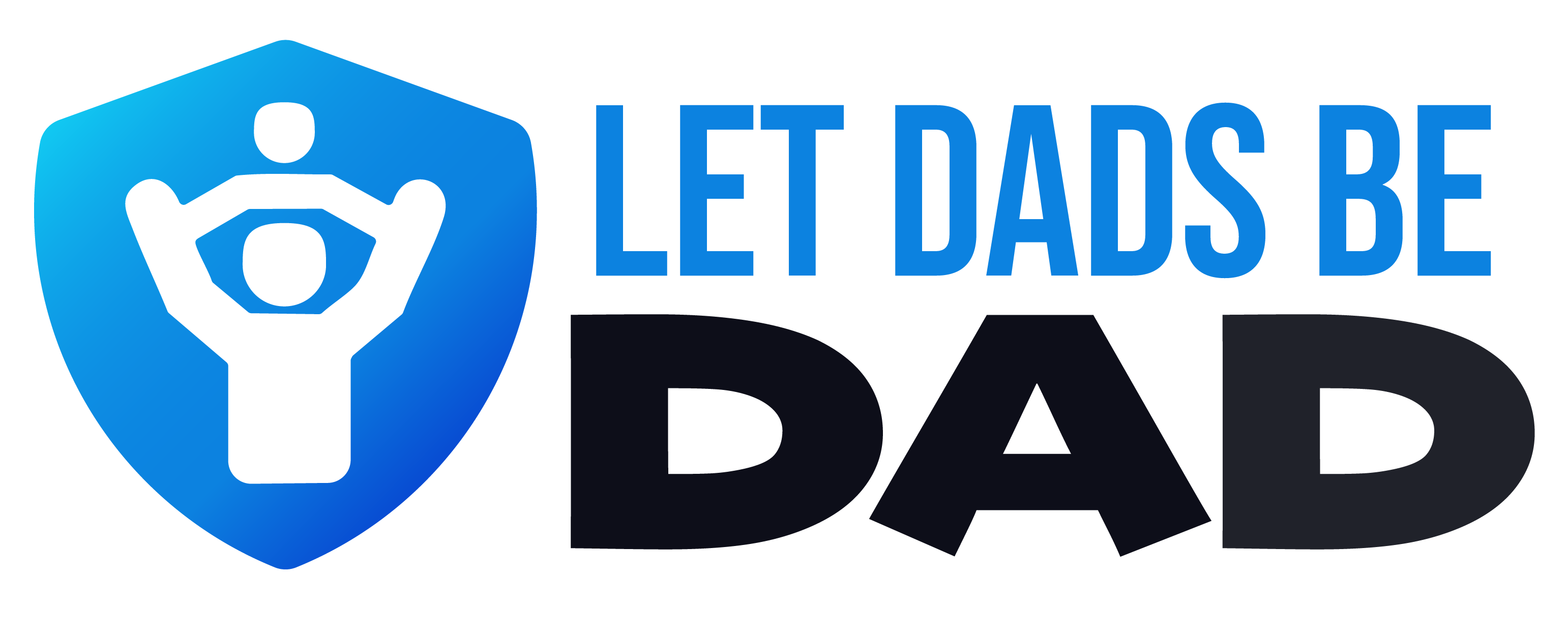The Celebrities Have Found Ketamine Therapy — But It Isn’t For Everyone
— Michael Buckner/Variety/Getty Images
There’s a good chance that, because we live in a very online and very connected world that obsessively follows the lives and times of celebrities, you already know that ketamine therapy got another little boost into the mainstream last week. Chrissy Teigen revealed in a recent Instagram post celebrating her birthday that she’d undergone a ketamine treatment, during which she saw her late son, Jack, whom she lost to placental abruption at five months gestation in 2020. “I had a really nice birthday,” she wrote. “Went to see my friends @flamingo_estate, had a beautiful lunch with friends, then did ketamine therapy and saw space and time and baby jack and some weird penguins and cried and cried and cried,” she wrote in an Instagram caption. “Then laid with my babies, then hot pot, then hung with my best friend 
She’s not alone — celebrities from Elon Musk and Sharon Osbourne to Kristen Bell and Miley Cyrus have touted the positive effects of psychedelic experiences in managing anxiety and depression.
Such casual references to an emerging drug therapy are a sign that ketamine therapy has gone mainstream. But it’s important to note that the treatment, though groundbreaking, is not a panacea and comes with very real and potentially serious risks.
Because ketamine therapy has shown promising results in helping patients with treatment-resistant depression, anxiety, or PTSD, it’s long been used off-label by physicians, psychiatrists, and— most recently — made available at “ketamine clinics,” where patients are given the drug under medical supervision and undergo guided therapy sessions. The clinics have grown exponentially in recent years, with an estimated 500 to 750 open across the U.S., according to MedScape, (though April reporting in The Guardian suggested many had already gone bust). The explosion is not without controversy. Like any controlled substance, ketamine therapy comes with risks — and isn’t for everyone, especially folks with certain heart conditions. Here’s what you need to know.
What is ketamine therapy?
Ketamine is a dissociative anaesthetic that was first approved by the FDA in the 1970s, and per researchers at Columbia University, was “found to have rapid-acting anti-depressant and anti-anxiety effects.” Since the early 2010s, pharmaceutical companies have been working hard to get it approved as a treatment for depression, anxiety, and PTSD.
Ketamine acts on a certain brain receptor that is thought to help regulate mood and has been found to be useful in cases of major depressive disorder, end-of-life transition, anxiety disorders, and PTSD. In many cases, positive effects are seen immediately after treatment.
There is one FDA-approved ketamine derivative available today, the nasal spray Spravato, which was approved in 2019 for treatment-resistant depression (its active ingredient is Esketamine). Another common ketamine treatment is administered through intra-venous infusion.
Ketamine has proved to be a valuable therapy for “treatment-resistant depression” (depression that hasn’t eased with traditional treatment and medications), and seems to offer both immediate and lasting effects.
Researchers theorize that ketamine helps regrow lost synapses that are pruned due to depression and that ketamine use may restock glutamate receptors, which are needed for brain cells to communicate effectively in regulating mood. There is some concern that ketamine may work through an opioid mechanism, but researchers say it’s too soon to tell whether an addiction risk outweighs the benefits of the treatment.
According to the Pacific Neuroscience Institute, “Ketamine produces a short-lived but intense subjective experience — the mystical or peak experience — which triggers or elicits an afterglow, accompanied by a subsequent positive change in affect, insight, motivation, cognition, and behavior.”
Instead of the intense hallucinatory experience with the subsequent come-down or hangover you’d expect from a recreational dose of ketamine, proponents argue that low-dose ketamine therapy elicits brief, sub-hallucinatory experiences that can, if used correctly, result in positive and enduring personality changes.
Who is ketamine therapy right for?
While ketamine therapy offers exciting potential in addressing mental illnesses that have been historically difficult to treat, it’s not for everyone.
The most important thing to remember is that ketamine is an anesthetic. Too much or too high a dose causes deep sedation, similar to what you’d experience if you were heading into surgery. Second, it can affect heart rate and blood pressure and can have life-threatening consequences for those at elevated risk for heart issues. It’s also not recommended for people with histories of addiction.
Ketamine, even at the low doses used for therapy, affects cognition and can alter your consciousness in such a way that you may not be capable of making decisions or thinking clearly. The FDA recommends that Esketamine therapy be undertaken under stringent clinical circumstances and with the direct supervision of a trained psychiatrist. It also must be used in conjunction with an oral antidepressant. It’s not a one-stop-shop for mental health.
“It is incredibly naïve and uninformed to think ketamine alone will make your depression go away. It’s a part of a treatment plan, not the treatment plan,” explained Gerard Sanacora, Ph.D., MD who is a George D. and Esther S. Gross Professor of Psychiatry, a Director at the Yale Depression Research Program, and a Co-Director, Yale New Haven Hospital Interventional Psychiatry Service. He has worked on ketamine research for the past 25 years.
If you’re considering ketamine therapy, just know it’s not a silver-bullet treatment and should be given alongside treatment with other anti-depressants, Sanacora says.
“It should be given as part of an overall treatment plan with a mental health professional. In fact, the FDA approval for ketamine also states that it has to be used along with an oral anti-depressant. It’s not even approved to be used alone. These ketamine clinics that provide the treatment without close follow-up of some type being provided by a mental health professional, in my mind, are a very dangerous thing because they aren’t providing the comprehensive mental health care that these patients need,” he said.


